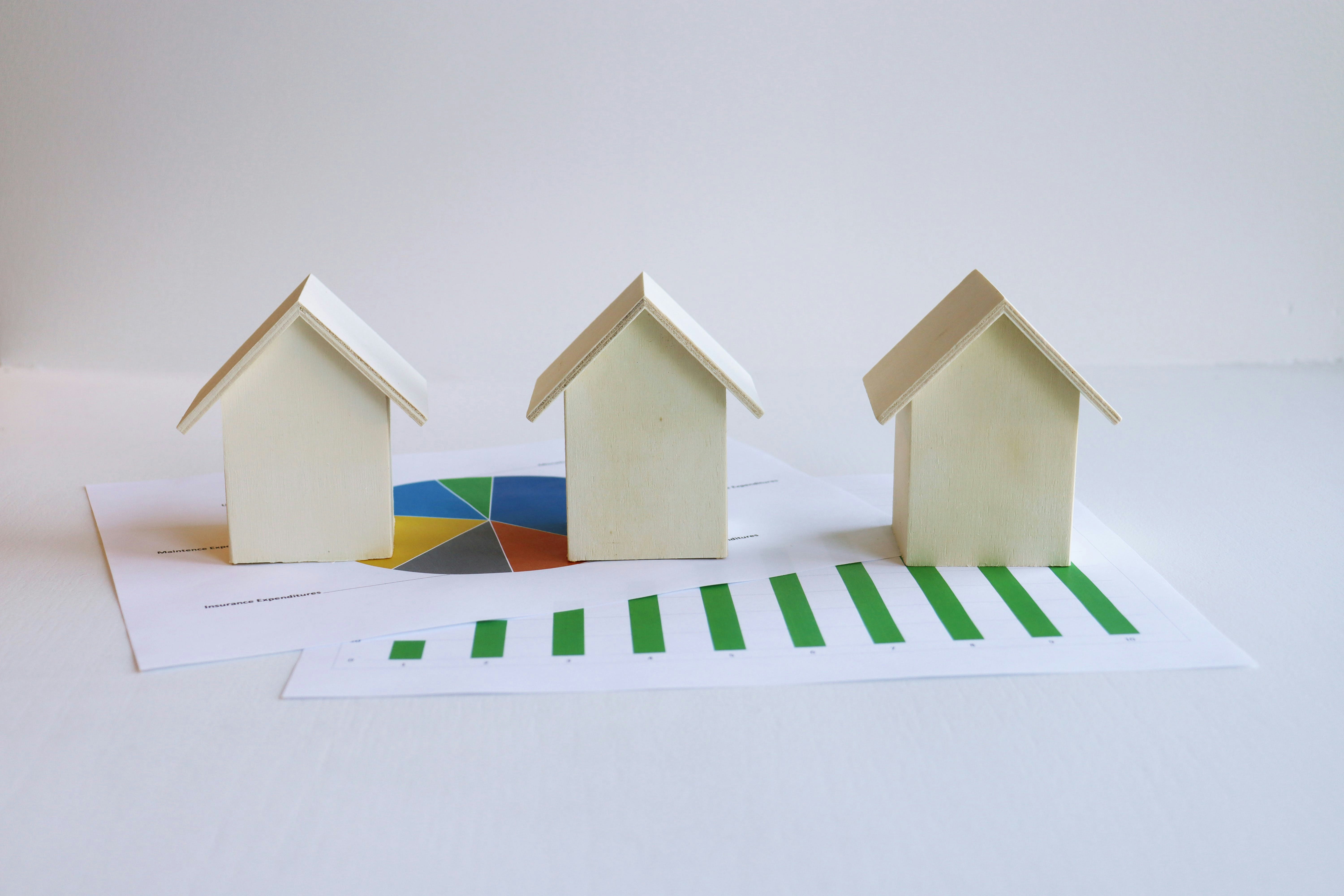Harnessing AI for Real Estate Valuation: A Game-Changer in Property Assessment
The real estate industry is on the cusp of a revolutionary shift in property valuation, thanks to the integration of artificial intelligence. This cutting-edge technology is reshaping how properties are assessed, offering unprecedented accuracy and efficiency. As AI algorithms become more sophisticated, they're providing real estate professionals with tools to analyze vast amounts of data, predict market trends, and deliver more precise property valuations than ever before.

Enter AI-powered valuation models. These sophisticated systems can analyze hundreds of data points in seconds, considering factors that human appraisers might overlook. From local crime rates to school district performance, and from historical price trends to future development plans, AI can process and weigh a multitude of variables to produce highly accurate valuations.
How AI Enhances Valuation Accuracy
AI’s strength lies in its ability to identify patterns and correlations that might not be immediately apparent to human analysts. By leveraging machine learning algorithms, these systems can continuously improve their accuracy as they process more data.
For instance, an AI valuation model might notice that homes with south-facing windows in a particular neighborhood tend to sell for 2% more than similar properties. This subtle factor, which might escape human observation, can be automatically factored into future valuations, leading to more precise estimates.
Real-Time Market Insights
One of the most significant advantages of AI in real estate valuation is its ability to provide real-time market insights. Traditional valuation methods often rely on historical data, which can quickly become outdated in fast-moving markets.
AI systems can continuously monitor market conditions, property listings, and economic indicators to provide up-to-the-minute valuations. This real-time capability is particularly valuable in volatile markets or during economic uncertainties, where property values can fluctuate rapidly.
Challenges and Limitations
While AI offers tremendous potential in real estate valuation, it’s not without its challenges. One primary concern is the quality and availability of data. AI models are only as good as the data they’re trained on, and in some markets, comprehensive and accurate data can be scarce.
There’s also the question of transparency. Many AI algorithms operate as “black boxes,” making it difficult to understand how they arrive at their valuations. This lack of transparency can be problematic in legal or regulatory contexts where clear justification for valuations is required.
The Human Element: AI as a Tool, Not a Replacement
Despite its capabilities, AI is not poised to replace human appraisers entirely. Instead, it’s best viewed as a powerful tool that can augment human expertise. The most effective valuation strategies combine AI’s data-processing capabilities with human insight and local market knowledge.
Human appraisers bring nuanced understanding of local markets, qualitative factors affecting property value, and the ability to interpret AI-generated insights in context. This hybrid approach leverages the strengths of both AI and human expertise to produce the most accurate and reliable valuations.
Implications for Real Estate Professionals
The rise of AI in property valuation has significant implications for real estate professionals. Agents and brokers who embrace this technology can offer more accurate pricing strategies to their clients, potentially leading to faster sales and better outcomes for both buyers and sellers.
For investors, AI-powered valuation tools can help identify undervalued properties or predict areas likely to see appreciation. This can lead to more informed investment decisions and potentially higher returns.
The Future of AI in Real Estate Valuation
As AI technology continues to advance, we can expect even more sophisticated valuation models. Future systems might incorporate data from IoT devices in smart homes, satellite imagery for property condition assessment, or social media sentiment analysis to gauge neighborhood desirability.
The integration of blockchain technology could also play a role, providing secure and transparent records of property transactions and valuations. This could further enhance the accuracy and reliability of AI-powered valuation systems.
Embracing the AI Revolution in Real Estate
The integration of AI into real estate valuation represents a significant leap forward for the industry. While challenges remain, the potential benefits in terms of accuracy, efficiency, and insight are too substantial to ignore.
Real estate professionals who adapt to this technological shift will be well-positioned to thrive in an increasingly data-driven market. By embracing AI as a powerful tool while maintaining the irreplaceable value of human expertise, the real estate industry can look forward to a future of more accurate valuations, informed decision-making, and ultimately, a more efficient and transparent property market.






